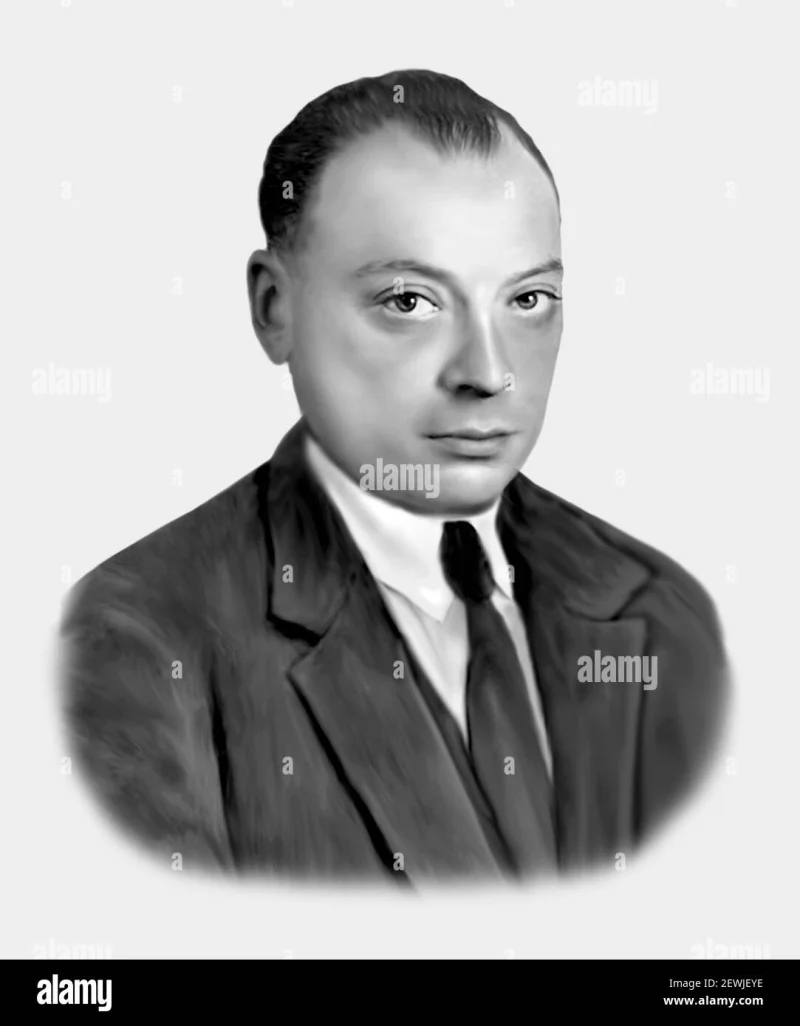Short Summary
Albert Abraham Michelson was a pioneering physicist renowned for his precise measurements of the speed of light. His work laid the foundation for the theory of relativity and earned him the Nobel Prize in Physics in 1907, making him the first American to win a Nobel Prize in the sciences. Michelson's most famous experiment, the Michelson-Morley experiment, was a pivotal moment in physics, challenging existing theories about the nature of light and ether. His contributions significantly advanced the field of optics and precision instrumentation.
Early Life & Education
Albert Abraham Michelson was born on December 19, 1852, in Strelno, Prussia, which is now Strzelno, Poland. His family immigrated to the United States when he was just two years old, settling in San Francisco, California. Michelson's early education took place in the public schools of San Francisco, and he later attended the United States Naval Academy in Annapolis, Maryland, graduating in 1873. His interest in the sciences, particularly optics, was cultivated during his time at the Naval Academy, where he was influenced by the rigorous curriculum and the mentorship of his instructors.
Career Highlights
Michelson's career was marked by his dedication to the study of optics and the precise measurement of light. After graduating from the Naval Academy, he served as an officer in the U.S. Navy and later became a professor of physics at Case Western Reserve University. His most significant contribution to science was the Michelson-Morley experiment, conducted in 1887, which provided crucial evidence against the existence of the luminiferous ether. In 1892, he became a professor at the University of Chicago, where he continued his groundbreaking work in optics, developing instruments and techniques that enhanced the accuracy of scientific measurements.
Major Achievements
- First American Nobel Laureate: Received the Nobel Prize in Physics in 1907 for his precision optical instruments and the spectroscopic and metrological investigations carried out with their aid.
- Michelson-Morley Experiment: Conducted in 1887, this experiment disproved the existence of the ether, a supposed medium for light waves, and was pivotal in the development of the theory of relativity.
- Development of the Interferometer: Michelson's invention allowed for more precise measurements of distances and wavelengths of light.
- Speed of Light Measurements: Made the most accurate measurements of the speed of light during his time, which were foundational for future research.
Famous Quotes
- "The more important fundamental laws and facts of physical science have all been discovered, and these are now so firmly established that the possibility of their ever being supplanted in consequence of new discoveries is exceedingly remote."
Interesting Facts
- Michelson was born in Prussia and moved to the U.S. at the age of two.
- He was the first American to win a Nobel Prize in the sciences.
- His work laid the groundwork for Albert Einstein’s theory of relativity.
- He served as a professor at the University of Chicago for many years.
- Michelson was passionate about art and often painted in his free time.
Legacy / Influence
Michelson's work fundamentally changed the understanding of light and laid the groundwork for the theory of relativity. His precise measurements and innovative instruments set new standards in scientific experimentation and measurement. The Michelson-Morley experiment is often regarded as one of the most significant experiments in the history of physics, influencing countless developments in modern science. His legacy lives on in the fields of physics and optics, inspiring generations of scientists.
FAQ
Q: Why is Albert Abraham Michelson famous?
A: He is famous for his precise measurements of the speed of light and the Michelson-Morley experiment, which challenged existing theories about light and contributed to the theory of relativity.
Q: What significant award did he receive?
A: He received the Nobel Prize in Physics in 1907.
Q: What was the Michelson-Morley experiment about?
A: It was an experiment designed to detect the presence of the ether, which ultimately concluded that the ether did not exist.













